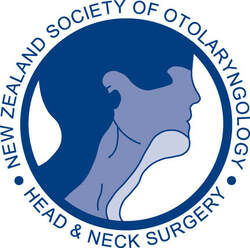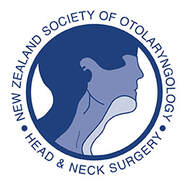Associate Professor Grant D SearchfieldDirector, Hearing and Tinnitus Clinic; Deputy Director, Eisdell Moore Centre; Faculty of Medical and Health Sciences, The University of Auckland, Auckland, NZ
Associate Professor Grant D Searchfield has been an audiologist since 1994 and obtained his Doctorate in Audiology in 2004. He is the clinical director of the University of Auckland’s Hearing and Tinnitus Clinic, scientific director of Tinnitus Tunes a tinnitus treatment website, and deputy director of the Eisdell Moore Centre for hearing and balance research. Grant is a primary investigator in Auckland University’s Centre for Brain Research and Brain Research New Zealand, a national centre of research excellence. He is an associate editor for the International Journal of Audiology, Scientific Reports and Frontiers in Neuroscience and Psychology. Grant is well known internationally for his research investigating the use of sound and hearing aids for tinnitus management. In addition to his tinnitus research he is the lead investigator in a major multisite trial of hearing aids as a potential method to slow cognitive decline, funded by the Health Research Council of New Zealand.
|
What Works for Tinnitus and What’s New?
Tinnitus is the perception of sound in the absence of an external sound source. In the mid-20th century, Edmund Prince Fowler Snr (1872–1966) an American Otologist, developed a comprehensive clinical protocol for tinnitus practice. In the first half of this review, Fowler's practice will be compared to the clinical practice guidelines for tinnitus recently released by the American Academy of Otolaryngology, with a focus on “what works”. In the second half “what’s new” new innovative assessments (electrophysiological and blood biomarkers), personalised sound treatments, non-invasive brain stimulation and possible therapeutics (e.g. 3,4-Methylenedioxymethamphetamine) will be described with a particular focus on the work being undertaken in NZ. Fowler's progressive approach to tinnitus and focus on the individual will then be considered in light of recent developments in tinnitus.
Tinnitus is the perception of sound in the absence of an external sound source. In the mid-20th century, Edmund Prince Fowler Snr (1872–1966) an American Otologist, developed a comprehensive clinical protocol for tinnitus practice. In the first half of this review, Fowler's practice will be compared to the clinical practice guidelines for tinnitus recently released by the American Academy of Otolaryngology, with a focus on “what works”. In the second half “what’s new” new innovative assessments (electrophysiological and blood biomarkers), personalised sound treatments, non-invasive brain stimulation and possible therapeutics (e.g. 3,4-Methylenedioxymethamphetamine) will be described with a particular focus on the work being undertaken in NZ. Fowler's progressive approach to tinnitus and focus on the individual will then be considered in light of recent developments in tinnitus.




